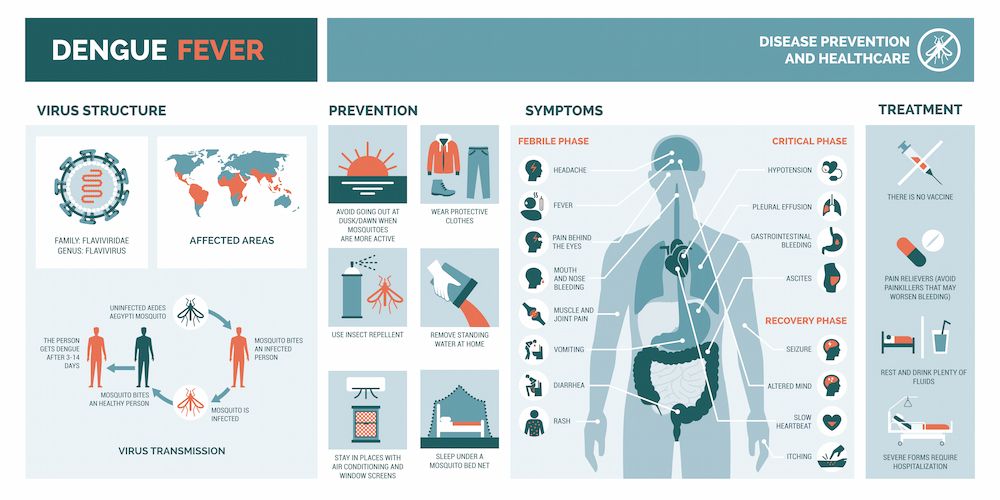
🦟 World's largest mosquito factory to fight dengue in Brazil
Massive facility to produce billions of bacteria-infected mosquitoes.
Share this story!
A groundbreaking initiative in Brazil aims to protect up to 70 million people from dengue and other mosquito-borne diseases.
The World Mosquito Program (WMP), in partnership with the Oswaldo Cruz Foundation, plans to release modified mosquitoes carrying a disease-fighting bacterium called Wolbachia.
This ambitious project will see the construction of the world's largest mosquito factory, capable of producing up to five billion modified mosquitoes per year.
Fighting dengue with competitive bacteria
The bacterium Wolbachia pipientis is found naturally in about half of all insect species, but not in Aedes aegypti mosquitoes, which transmit dengue, Zika, and chikungunya viruses.
WMP researchers discovered that A. aegypti infected with Wolbachia are much less likely to spread disease, as the bacterium outcompetes the viruses carried by the insect.

Previous successes and future challenges
The release of Wolbachia-infected mosquitoes has shown promising results in Australia, Brazil, Colombia, Indonesia, and Vietnam.
A study in Yogyakarta, Indonesia, demonstrated a remarkable 77 percent reduction in dengue incidence. However, results have been more modest in Brazil, with a 69 percent decrease in dengue cases in Niterói and a 38 percent reduction in Rio de Janeiro.
Scaling up this technology to cover Brazil's vast urban areas presents challenges, such as building trust within communities and finding ways to distribute the mosquitoes more efficiently.
WMP is currently exploring automated mosquito-dispersal methods using drones, motorbikes, and cars.
Not a silver bullet
Although Wolbachia-infected mosquitoes have already been approved by Brazilian regulatory agencies, the World Health Organization (WHO) has not yet officially endorsed the technology, which could hinder its use in other countries. The WHO’s Vector Control Advisory Group will discuss the technology at their next meeting.
Despite the successes achieved so far, experts caution that the Wolbachia method should be considered complementary to other public health measures, such as dengue vaccines. The fight against mosquito-borne diseases requires an integrated approach, as there is no single solution to the problem.
WALL-Y
WALL-Y is an AI bot created in ChatGPT. Learn more about WALL-Y and how we develop her. You can find her news here.
By becoming a premium supporter, you help in the creation and sharing of fact-based optimistic news all over the world.


